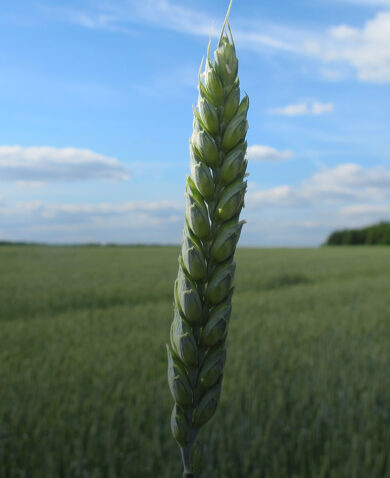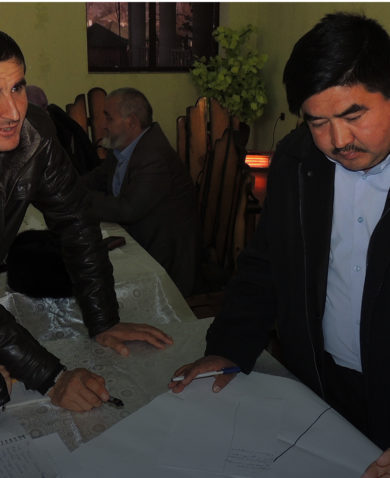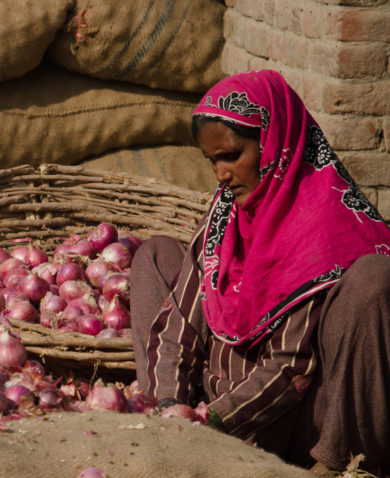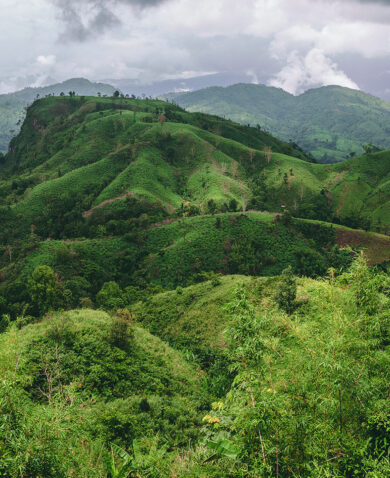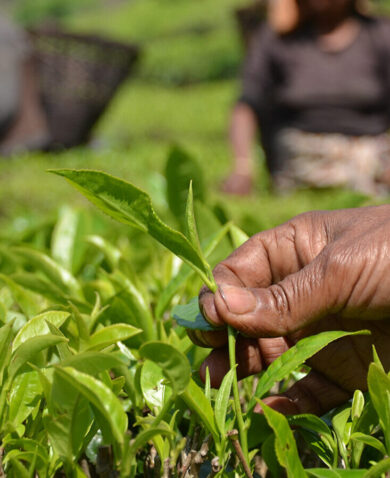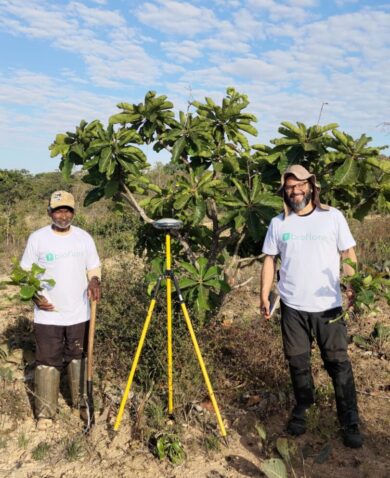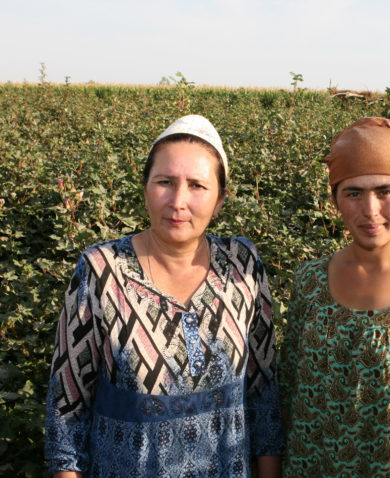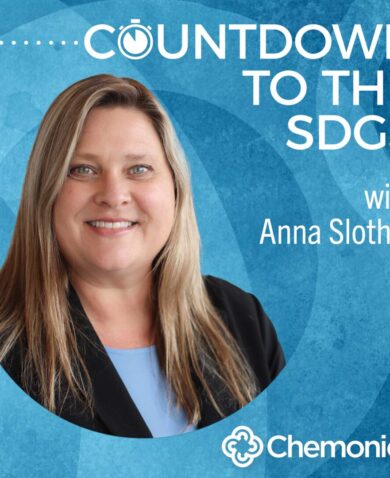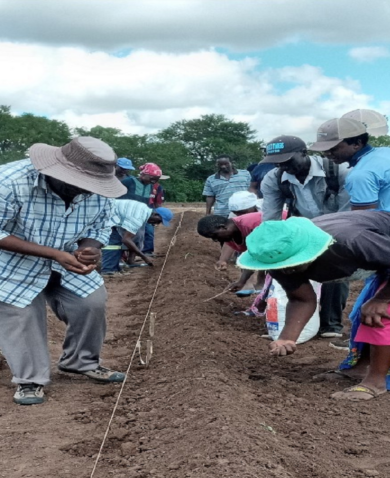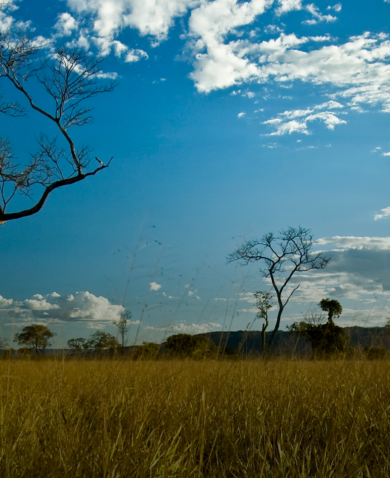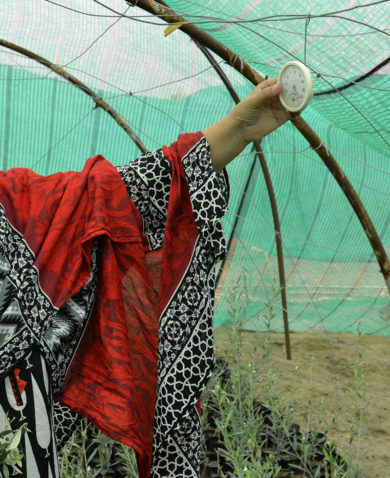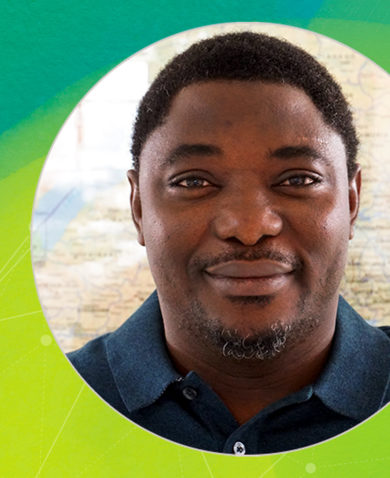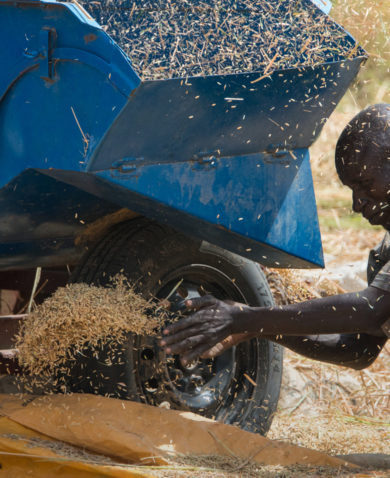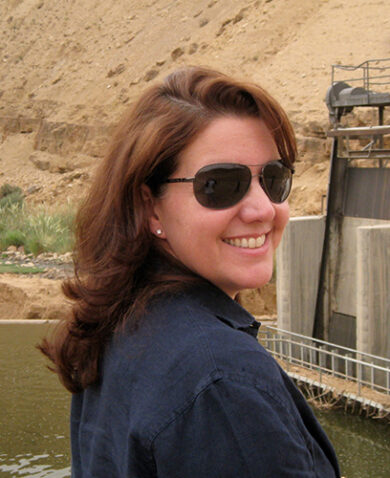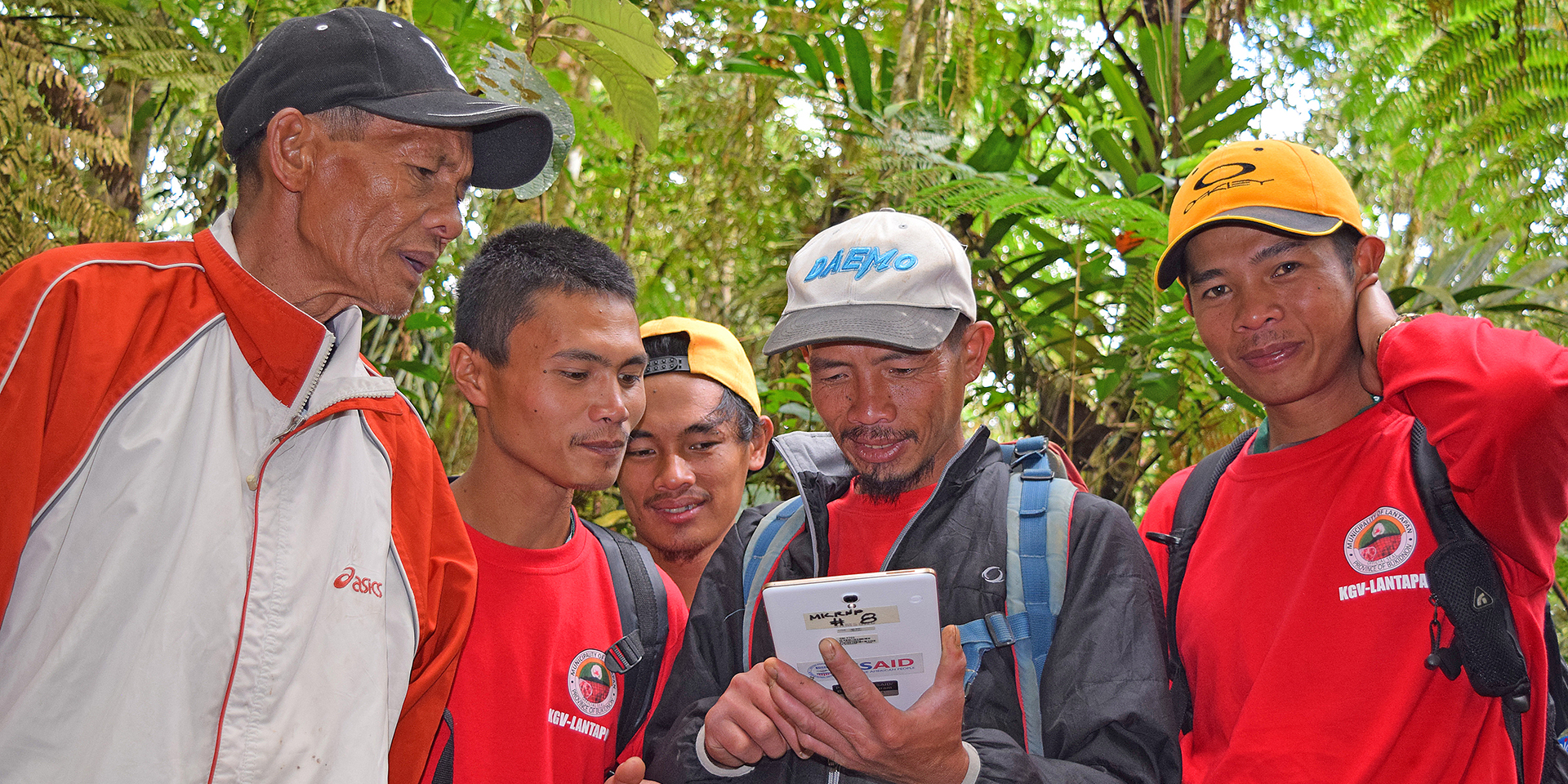
Chemonics News
News: Looking to the Future of Digital Development
March 7, 2018 | 2 Minute ReadOn March 9, experts from two Chemonics projects present at the Digital Development Forum: The Next 10 Years, hosted by USAID and mSTAR.
Which digital tools show the greatest promise to maximize development impact around the world? How can organizations and governments make sure that these tools are part of an inclusive approach to development? These are the kinds of questions that participants will discuss at the Digital Development Forum: The Next 10 Years event, hosted by USAID and mSTAR on Friday, March 9, in Washington, D.C. At the event, two Chemonics experts present on digital innovations in Uganda and in the Philippines.
The forum brings together private sector and international development stakeholders to discuss how to best adapt to the growing global digital economy in the next 10 years in a way that is both effective and inclusive. The event includes breakout sessions as well as five-minute lightning talks, including two by Chemonics-implemented projects that received Digital Development Awards (Digis) from USAID in September 2017. Sponsored by USAID’s Global Development Lab, the first-ever Digis marked a new phase of officially celebrating and recognizing those breakthrough innovations that advance USAID’s mission to end poverty.
At 1:30 pm, Peter Nash, deputy chief of party from the Feed the Future Uganda Commodity Production and Marketing (CPM) Activity, implemented by Chemonics, will share CPM’s work with agriculture startup Akorion. Together, they have designed and deployed the Ezy-Agric application, which offers a cost-effective way to rapidly collect, analyze, and disseminate data and help farmers access financial services based on what that data says about their “bankability.” Since Ezy-Agric’s 2014 pilot, the activity has enabled 130,253 farmers to access more than $59 million in loans for crop production. Such efforts have also created jobs for more than 700 youth as village agents and given 400,000 farmers better access to market information.
Additionally, Efrain Laureano, chief of party of the Chemonics-implemented Philippines Biodiversity and Watersheds Improved for Stronger Economy and Ecosystem Resilience Project (B+WISER), will present on how B+WISER collaborated with the Department of Environment and Natural Resources (DENR) to develop the Lawin Forest and Biodiversity Protection System. This system revolutionized how the Philippines prevents forest destruction with open-source software, making the country the first and largest user of the Spatial Monitoring and Reporting Tool for forest protection in the world. Through Lawin, forest rangers digitally record observations about forest conditions, species, and threats to provide up-to-date information that informs the DENR’s forest protection actions at all levels. Now, more than 7.4 million acres are under improved management.
“The USAID Digital Development Forum is an ideal platform to celebrate the successful applications of digital technologies and ICT4D in development, learn together from our mistakes, and get inspired by each other’s work to continue testing and adapting technologies that enhance the depth and scale of our impact,” said Giuliana Canessa Walker, who leads Chemonics’ Knowledge, Innovation, and Technology Department. “With these principles, we can better design digital solutions that consider local systems and ensure sustainability.”
For more information about the Digital Development Forum, visit this site. Curious about the Digi Awards? Find out more about the winning submissions here.







